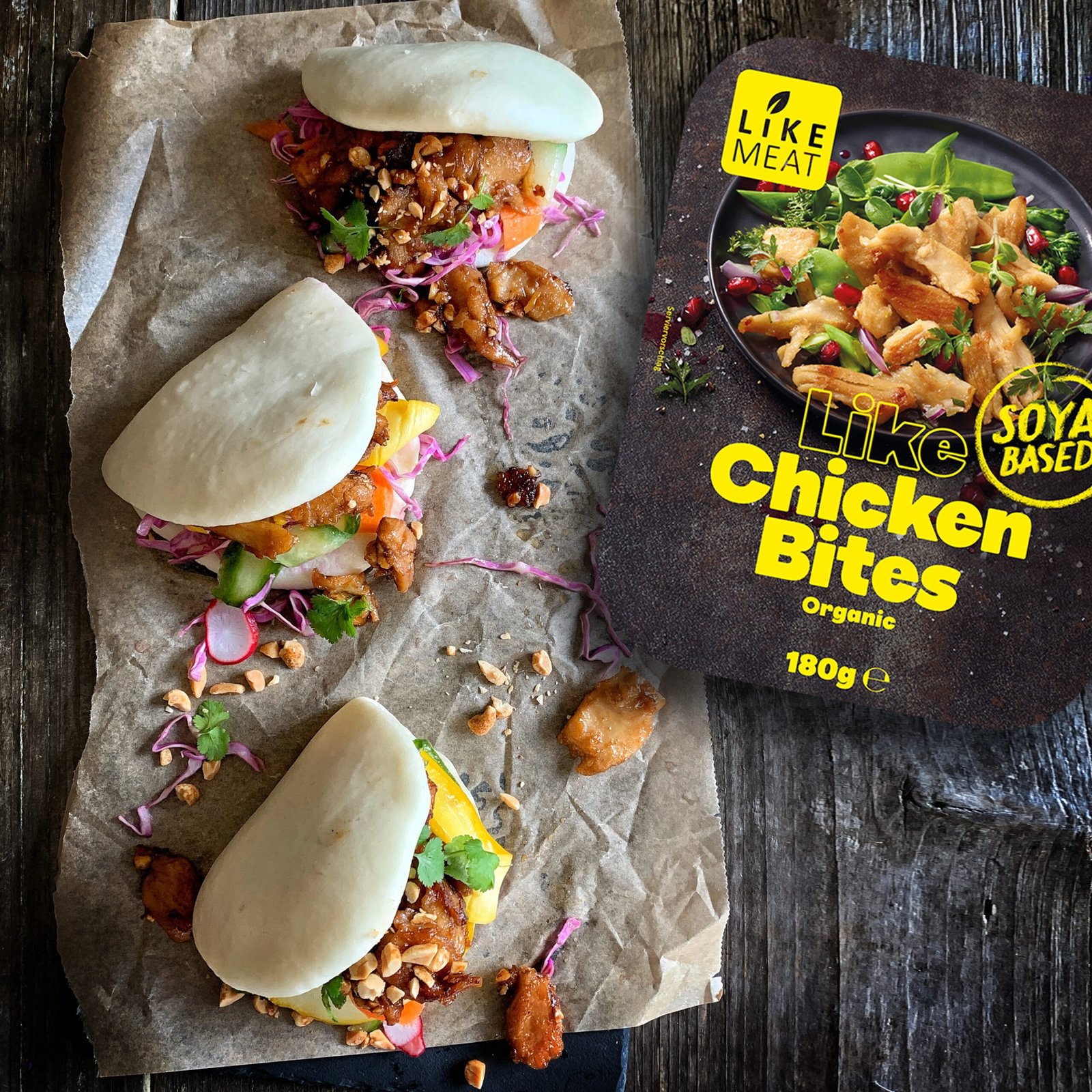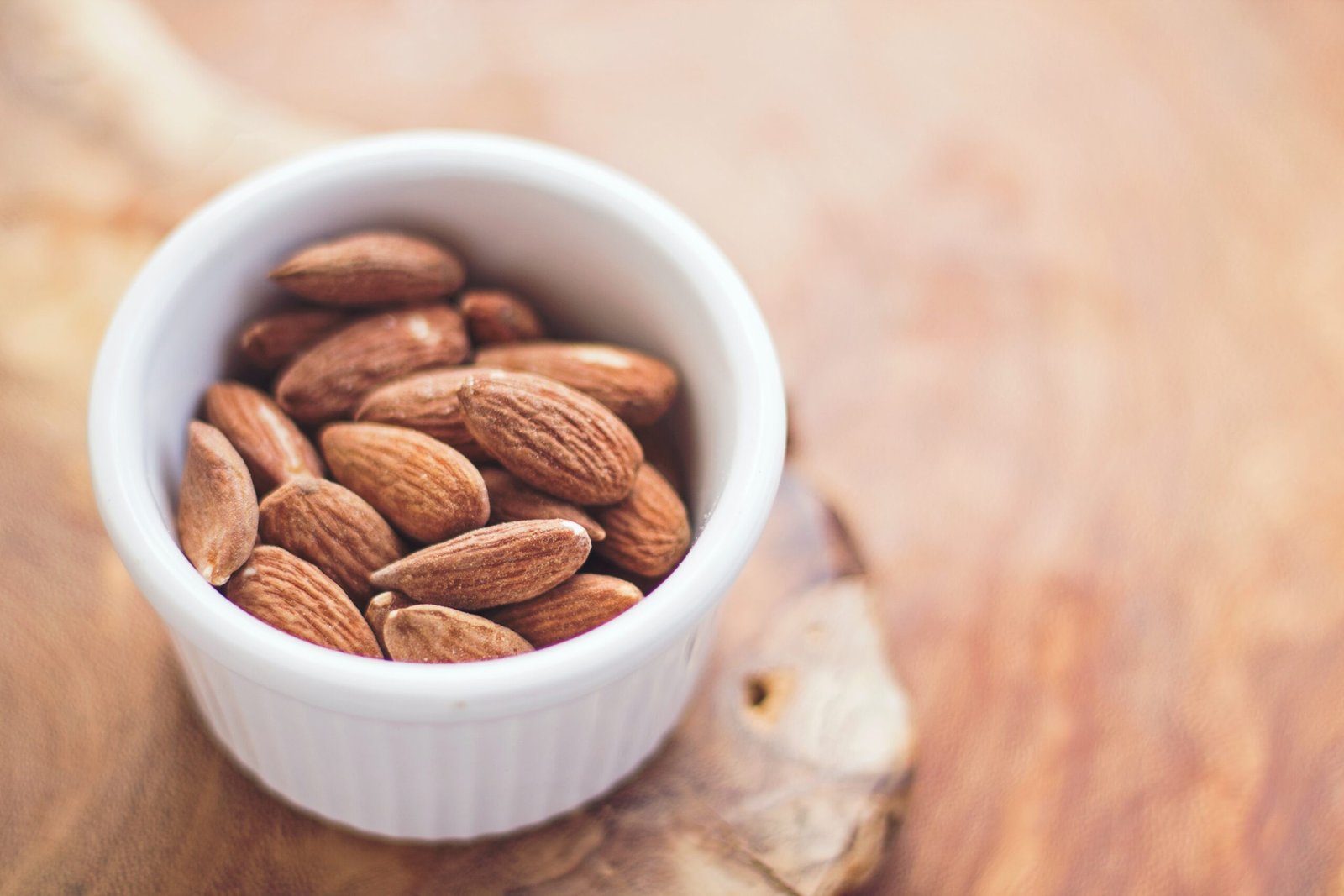Introduction
Did you know that the global plant-based meat market is projected to reach a value of $35.4 billion by 2027? The rise of plant-based meat alternatives is no longer just a passing trend; it has become a significant movement shaping the future of the food industry. In this blog post, we will delve into the latest trends surrounding plant-based meat alternatives and explore how they are revolutionizing the way we eat.
The Shift Towards Plant-Based Eating
In recent years, there has been a noticeable shift towards plant-based eating, driven by various factors such as health concerns, environmental sustainability, and animal welfare. People are increasingly seeking alternatives to traditional meat products, and plant-based options have emerged as a viable solution.
One of the key drivers behind this shift is the growing awareness of the environmental impact of animal agriculture. Livestock production is a significant contributor to greenhouse gas emissions, deforestation, and water pollution. By choosing plant-based meat alternatives, individuals can reduce their carbon footprint and contribute to a more sustainable future.
The Rise of Plant-Based Meat Alternatives
The popularity of plant-based meat alternatives has soared in recent years, with a wide range of innovative products hitting the market. Companies like Beyond Meat and Impossible Foods have gained widespread recognition for their realistic meat substitutes that mimic the taste, texture, and even the “bleeding” of traditional meat.
According to recent data, the global plant-based meat market is expected to grow at a CAGR of 15.8% from 2020 to 2027. This exponential growth can be attributed to the increasing availability of plant-based options in grocery stores, restaurants, and fast-food chains. Consumers are now spoilt for choice, with plant-based burgers, sausages, chicken nuggets, and even seafood alternatives readily available.
Current Trends in Plant-Based Meat Alternatives
Let’s explore some of the current trends that are shaping the plant-based meat alternative industry:
- Expansion of Product Offerings: Companies are continuously expanding their product lines to cater to different consumer preferences. We now have plant-based options for every meal of the day, including breakfast sausages, deli slices, and even plant-based eggs.
- Focus on Health and Nutrition: Plant-based meat alternatives are not just for vegetarians and vegans. Many individuals are incorporating these products into their diets as a healthier alternative to traditional meat. Plant-based options often have lower saturated fat and cholesterol content, making them a heart-healthy choice.
- Technological Advancements: The development of new technologies has played a crucial role in improving the taste and texture of plant-based meat alternatives. Companies are investing in research and development to create products that closely resemble the sensory experience of eating meat.
- Partnerships with Foodservice Providers: Plant-based meat alternatives are no longer limited to niche health food stores. Major foodservice providers, such as fast-food chains and restaurants, are incorporating plant-based options into their menus to meet the growing demand.
- Global Expansion: The popularity of plant-based meat alternatives is not limited to a specific region. It is a global phenomenon, with companies expanding their reach to different countries and cultures. This expansion is driving innovation and creating diverse plant-based options inspired by various cuisines.
FAQs
Q: Are plant-based meat alternatives healthier than traditional meat?
A: Plant-based meat alternatives can be a healthier choice, as they often have lower saturated fat and cholesterol content. However, it’s important to read the labels and choose options that are minimally processed.
Q: Are plant-based meat alternatives environmentally friendly?
A: Yes, plant-based meat alternatives have a lower environmental impact compared to traditional meat. Livestock production is a significant contributor to greenhouse gas emissions, deforestation, and water pollution, whereas plant-based options require fewer resources to produce.
Q: Can plant-based meat alternatives provide enough protein?
A: Yes, plant-based meat alternatives can be a good source of protein. Many plant-based options are made from ingredients like soy, peas, and beans, which are rich in protein. However, it’s important to ensure a balanced diet that includes other sources of protein as well.
Tips for Incorporating Plant-Based Meat Alternatives into Your Diet
Here are some tips to help you incorporate plant-based meat alternatives into your diet:
- Start Slow: Begin by replacing one or two meat-based meals with plant-based alternatives each week. Gradually increase the frequency as you become more comfortable.
- Experiment with Recipes: Explore new recipes and experiment with different plant-based ingredients. You might be surprised by the variety of flavors and textures available.
- Try Different Brands: Not all plant-based meat alternatives are created equal. Experiment with different brands to find the ones that suit your taste preferences.
- Pair with Fresh Produce: Incorporate plenty of fruits, vegetables, and whole grains into your meals to create a balanced and nutritious diet.
Conclusion
The rise of plant-based meat alternatives is transforming the way we think about food. With a growing emphasis on health, sustainability, and taste, these alternatives are gaining popularity worldwide. Whether you choose plant-based options for ethical reasons, health benefits, or environmental concerns, there is no denying that the plant-based meat industry is here to stay. So why not join the movement and explore the delicious world of plant-based alternatives?
Call to Action: Share your favorite plant-based meat alternative recipe or experience on social media and encourage others to join the conversation. Together, we can create a more sustainable and compassionate future.









